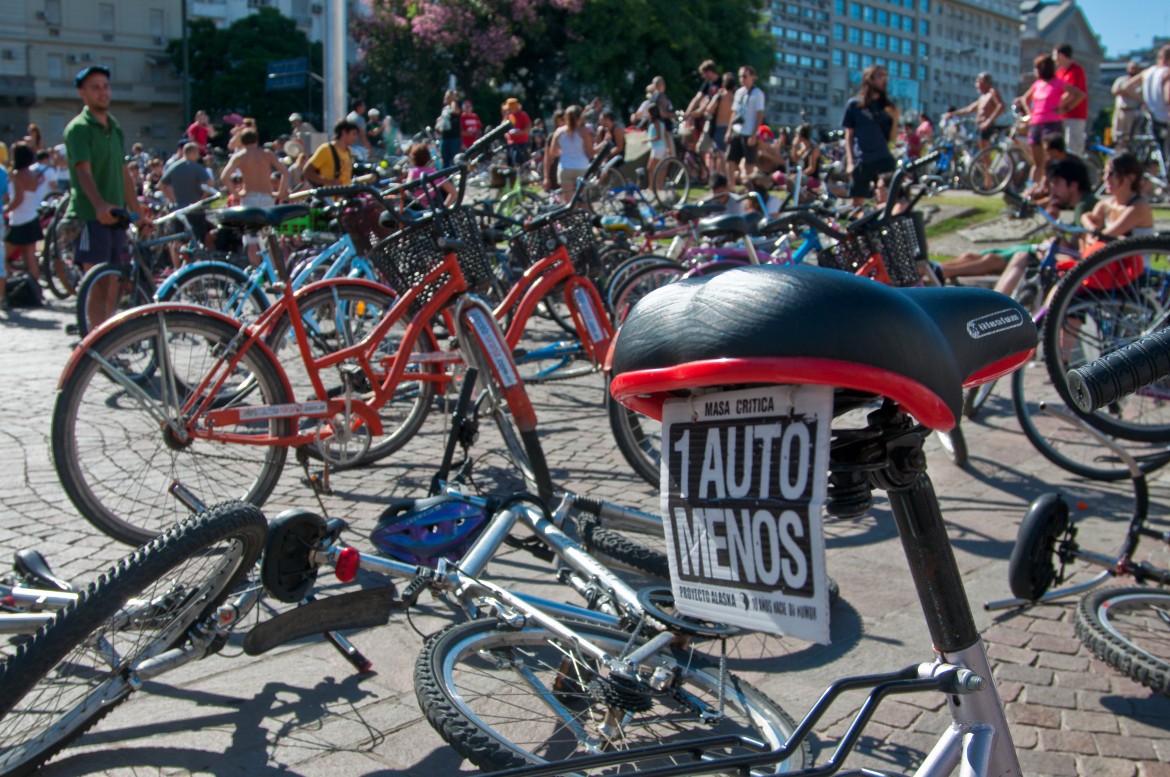Interview
Pérez Esquivel: Only the youth can save the world
We spoke with the Argentine Nobel Prize-winning author Adolfo Pérez Esquivel about his views on resilience and hope. ‘Young people are not the future but the present: what they sow today, they will gather tomorrow.’

According to Adolfo Pérez Esquivel, young people are not the future—they represent the present. In particular, they have the task and the right to save humanity from extinction. This is why the Argentine Nobel Peace Prize winner, together with the Japanese Buddhist leader Daisaku Ikeda (represented by his son Hiromasa), have organized a meeting in Rome, appealing to resilience and hope for all young people around the world. (You can read the appeal here.)
We spoke with Pérez Esquivel about the appeal during his stay in the Italian capital. The idea has already been endorsed by many secular and religious organizations (Catholic, Anglican, Adventist, Waldensian, Jewish and Islamic), and even by the UN Food and Agriculture Organization and the Municipality of Assisi.
How did the idea of this appeal come about?
I have been working for some time with Daisaku Ikeda, president of the Soka Gakkai Institute. We also wrote together the book La Fuerza de la Esperanza: Reflexiones sobre la paz y los derechos humanos en el tercer milenio (“The Power of Hope: Reflections about peace and human rights in the third millennium”). Facing the enormous challenges that humanity is facing in this dizzying era of change, we believe young people need to create their lives and the history of the new millennium.
Young people are not the future but the present: what they sow today, they will gather tomorrow. We are convinced they will be able to find an answer to the great planetary problems, starting with the madness of nuclear weapons, hunger and climate change. Hunger is a crime: to overcome it, it would be enough for the major powers to pursue the path of food sovereignty instead of market tyranny. A few days ago, I reminded the FAO that Lula had lifted 36 million people out of extreme poverty during his government. That is why he is now a political prisoner. The countries of Latin America and Africa are not poor; they are rich countries that have been impoverished. We should not ask ourselves why there are the poor, but why there are the rich.
It is a hopeful appeal. But without drastic cuts to gas emissions, the risk is that global temperature will rise by 4 degrees by the end of the century. On what is this hope based?
Hope depends on the ability of peoples to unite against the constant increasing concentration of power and on the willingness of young people to rebel and create social, cultural, political, spiritual, economic and ecological resistance. Climate change requires the major powers to rethink development, fighting exploitation and building a fair balance between human beings and the land. The absence of this balance has caused social and cultural violence, ecosystem devastation, deforestation and water contamination. Yet we can live without computers, without cars, without dollars or euros but not without water.
In 2014, Latin America proclaimed itself “zone of peace.” How is this achievement in danger considering Colombia’s entry into NATO, the threat of military invasion of Venezuela, the growth of militarism and violence in various areas of the continent?
Everything is always in danger. Today the danger is represented by President Santos, a Nobel Peace Prize winner, who has brought Colombia into NATO, by the submission of peoples to the International Monetary Fund such as in Argentina, by the crisis in Venezuela, by coups d’état in Honduras, Paraguay and Brazil. And behind all of this is the United States. There is a general setback in Latin America, a loss of its sovereignty.
Why this regression?
Because the neoliberal right returned to power, destroying everything that had been built like a tsunami. It did so also thanks to the mistakes of progressive governments. More generally, all governments pursue purely economic policies, look only to elections, seek easy consensus, and ignore the need to plan in the medium and long term. We also should not ignore the propaganda factor. That which in Brazil is represented by Rede Globo and in Argentina by Clarín and La Nación. It is about the imposition of a single thought. It is totalitarianism. That is why we are asking young people to think with their heads, and it’s why we intend to spread the appeal to the various countries, universities, schools and grassroots organizations. We will translate it into as many languages as possible, including Arabic and Chinese.
What is the challenge facing the left today?
The left must learn to add and multiply again. Without the creative capacity to join forces, we have no chance. We must start from what unites us, identifies us, and generates a collective consciousness. Then we will take into account the differences. We must focus on educational projects, on the participation of young people. Because, as an educator, I continue to trust in the ability of young people to rebel, to escape the desperation and uniformity of uniform thought. The great wealth of peoples is diversity, not uniformity.
After having elected Macri as president and restoring his confidence in the midterm elections in October, are the Argentinean people now beginning to change their minds?
Absolutely. Many small and medium-sized enterprises are going bankrupt, strangled in particular by the 1,000% increase in energy bills. They are closing hospitals and schools. This is not a democratic government, but an exceptional regime. It is no coincidence that Macri announced a decree that gives the armed forces a more active role in security. Officially, for border control and the fight against drug trafficking, actually for repressive purposes, as is the case in the Brazilian slums.
Originally published at https://ilmanifesto.it/perez-esquivel-solo-i-giovani-possono-salvare-il-mondo/ on 2018-06-13
